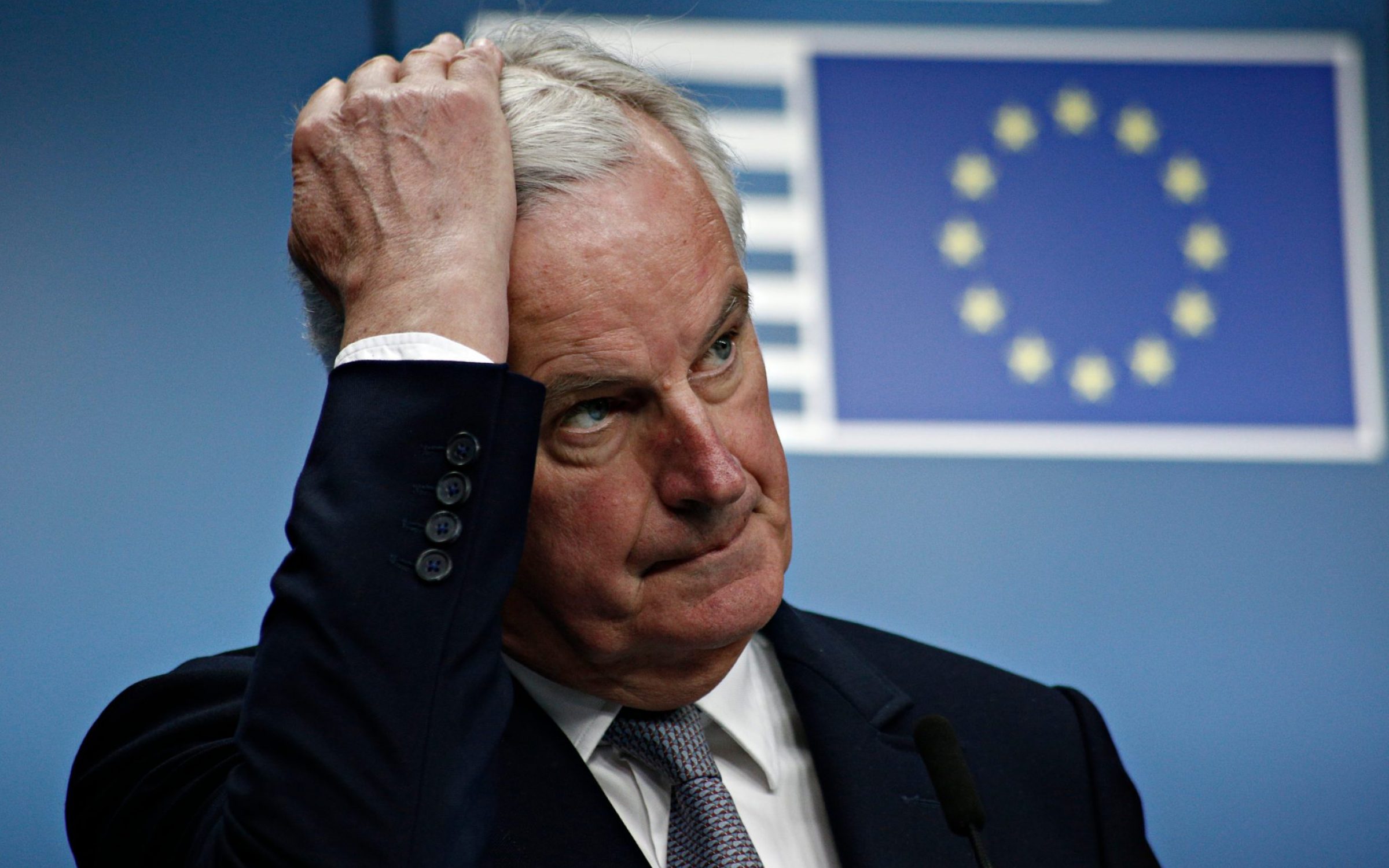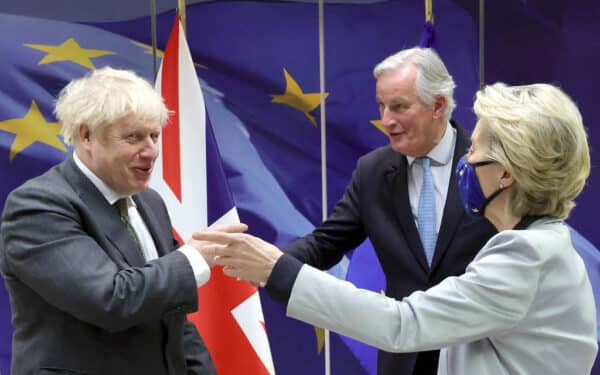Well, well. How times change. Only a few months ago Michel Barnier, the silver-haired fox who ran rings around Theresa May during Brexit negotiations, was portraying Britain as a xenophobic, anti-immigrant and insular nation. Now it is Barnier who is waving the immigration flag as he enters the race to topple Emmanuel Macron for the presidency in next year’s elections.
Now, the 70-year-old self-proclaimed federalist is pledging to “limit and have control over immigration” in the face of globalism and Islamist extremism. He wants to “restore the authority of the state” and “reform the EU” of its opaque bureaucracy. It’s the sort of language which would not have sounded out of place coming from the far right’s Marine Le Pen.
After months of teasing about whether he would or would not have a run for the presidency, Barnier finally came out on French TV yesterday to confirm his candidacy for Les Republicains. The smoothy-chops former Brexit negotiator had all the right words: he said Afghan refugees would be welcome, but not too many. He said that France needed healing, that he wanted to lead a “reconciled France.” He went on: “The world around us is dangerous, unstable and fragile. Our country is doing badly and we need a change-over.” He means him.
Like his Jupiterian president, this is not a man who has any compunction about his own capabilities, or indeed ambition. Earlier this year, he published The Grand Illusion, telling his side of the Brexit negotiation table. For over 500 pages, Barnier waxes lyrical about his love for Brussels, and how it was he who was regularly trying to “control our nerves” in the face of irresponsible British politicians and diplomats.
Barnier is going to need all those negotiating skills: he is the fourth candidate to throw his hat into the ring for the Republicains nomination. The others are Valérie Pécresse, the head of the Paris regional council who is seen as his main party challenger, Philippe Juvin, a mayor from the Paris suburbs, and MP Éric Ciotti.
There is in one section of his memoir which may come back to haunt him – his admiration for the man he voted for in 2017. Someone that had a “positive and pro-European vision” to the “populist discourse” of far-right nationalists. That’s right: Macron.




